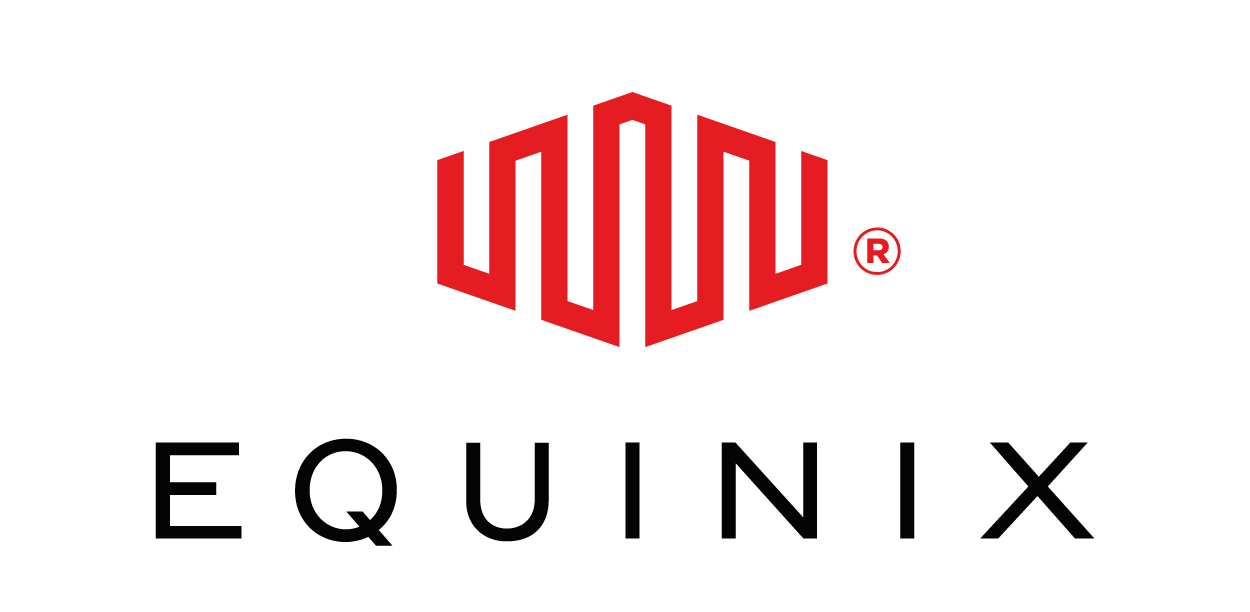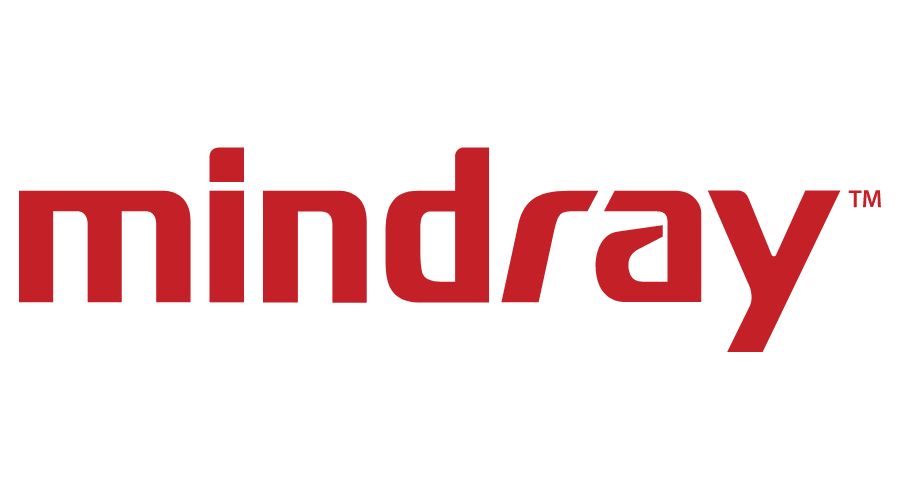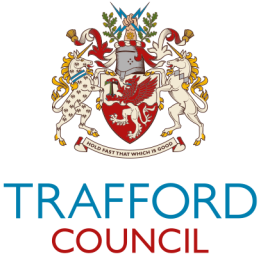Which project management qualification should I take?

A question often asked is which project management qualification best suits me, but there is no simple answer because it depends on several factors such as:
- Your previous experience in project management (if any)
- Your academic qualifications
- The business sector or industry in which you work
- The type of organization in which you work
- Where in the world you are based
Another consideration is the amount of time and effort you are prepared to devote to achieving a project management certification. Are you looking to progress through a series of qualifications with continuing professional development, or do you simply require basic accreditation to demonstrate your skill and commitment as a project manager to potential new employers by taking a short project management course?
Whatever path you decide to take, there is no doubt that obtaining a professional qualification is one of the main benefits of project management training. It will help to advance your career and open up opportunities in many organizations, business sectors, and industries which expect a project manager to be suitably qualified in addition to having the relevant experience.
The Main Project Management Qualifications
The three main methods to project management—PRINCE2, APM, and PMI—require varying amounts of training and study and have different levels of professional accreditation.
PRINCE2
Advantages:
- No prior project management experience required.
- Relatively easy to pass the exam.
- Commonly used in the public sector.
The PRINCE2 Practitioner qualification is perhaps the least difficult to obtain of the three main qualifications. It is suitable if you are new to project management and have no prior experience because most courses also cover the introductory PRINCE2 Foundation syllabus as part of the Practitioner course.
PRINCE2 is a structured, process-based project management method based on proven principles and the experience of a wide range of project management practitioners and academics. It is a flexible framework that can be tailored to any type of project and uses four integrated elements: principles, themes, processes, and the project environment.
There are seven PRINCE2 principles, which include learning from experience, managing by stages, and focusing on products. There are also seven themes, which describe aspects of project management, such as quality, risk, and change; and seven processes, which are steps in the project lifecycle such as initiating, controlling, managing, and closing a project.
It is commonly used in the public sector in the UK but also in some major private sector organizations.
Take an online PRINCE2 Foundation Course.
APM
Advantages:
- Wide range of certifications for all levels of experience
- A well-defined career progression route
- Commonly used in the rail industry, construction, defense, and local government.
The Association for Project Management (APM) approach is based on their Body of Knowledge (BoK) and Competence Framework. The APM BoK is a professional guide covering the context, people, delivery, and interfaces of projects in 69 separate topics. The Competence Framework is based on detailed research and the knowledge of experienced project management practitioners. It provides a clear set of standards across three domains: technical, behavioral, and contextual, which constitute 47 individual competencies.
The APM qualifications have a structured approach to developing project management competencies and progressing your career, starting with the APM Introductory certificate through the APMP, their most widely recognized certification, to the highest level of accreditation with the Registered Project Professional (RPP). For that reason, it is particularly suited to those seeking continual professional development (CPD) in their project management career, particularly as a Royal Charter is a real possibility in the near future, placing project management as a profession in the UK on par with accountancy and law.
The APM approach is commonly used in the UK in the rail industry, construction, defense, and local government but is also recognized globally through its alignment with the International Project Management Association (IPMA).
Take an online APM Project Fundamentals Qualification.
PMI
Advantages:
- Globally recognized certifications.
- Prestigious PMP qualification due to strict pre-requisites.
- Improves career and salary prospects.
The Project Management Institute (PMI) also has a Body of Knowledge (PMBOK) forming the basis of its underlying principles, providing project managers with the essential tools and knowledge they require. The PMBOK is generally considered a global standard for project management and is based on the knowledge and experience of volunteer committees and project management practitioners.
The main PMI certification, the PMP, is considered one of the hardest qualifications to obtain and has the most stringent pre-requisites, which are one of the following:
- A secondary degree (high school diploma, associate’s degree, or global equivalent) with at least five years of project management experience, with 7,500 hours leading and directing projects and 35 hours of project management education.
- A four-year degree (bachelor’s degree or global equivalent) and at least three years of project management experience, with 4,500 hours leading and directing projects and 35 hours of project management education.
The PMP certification is recognized around the world, making it an ideal qualification if you are, or plan to be, working for a multinational organization or if you are based in the USA. According to PMI's own Project Management Salary Survey, holding a PMP not only makes you more marketable to employers but also leads to a higher salary.
Take an online PMP Course.
That is a brief overview of the three main project management qualifications to help you make the best decision on which approach to follow to develop your own project management career.








Validate your login